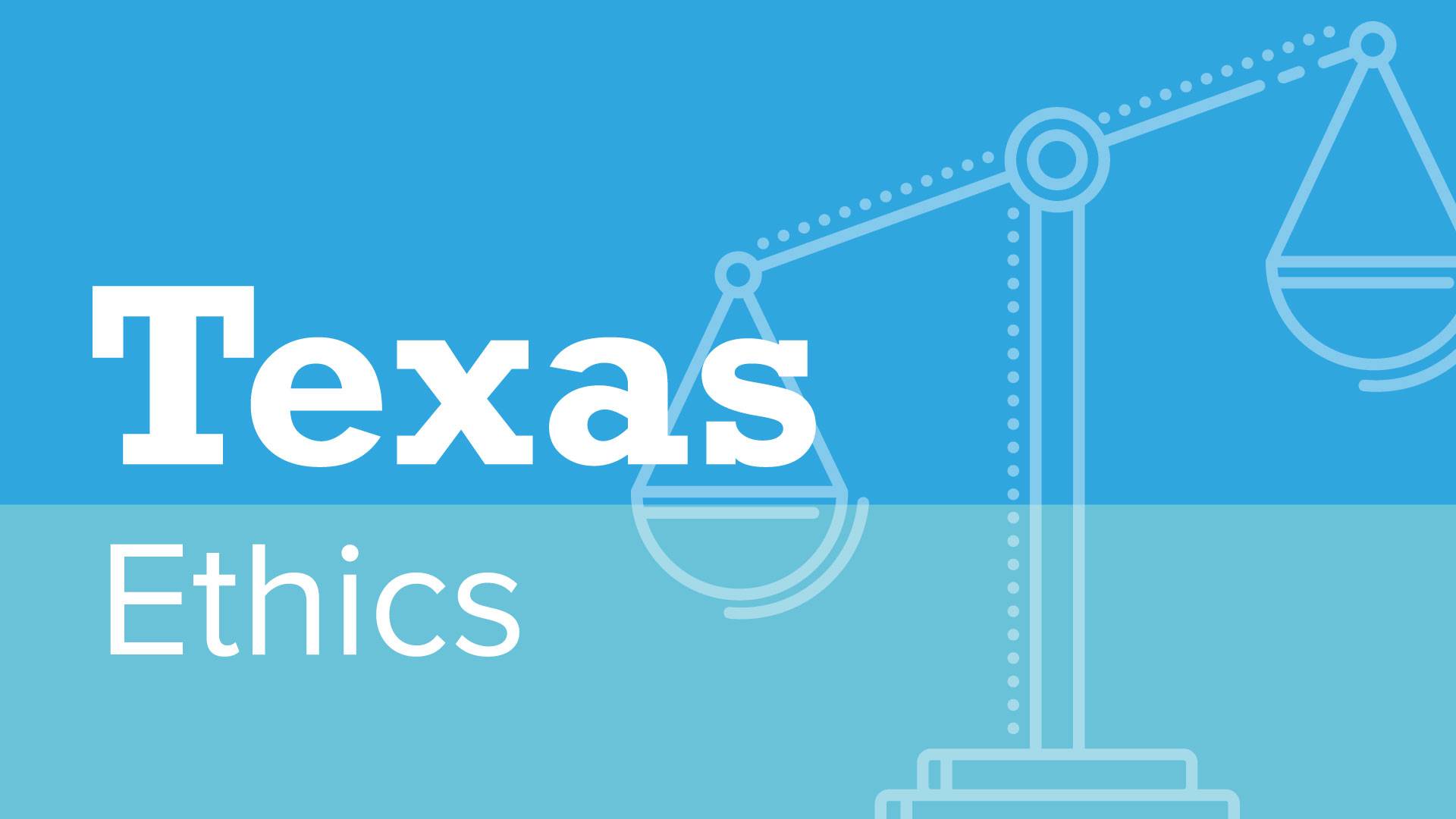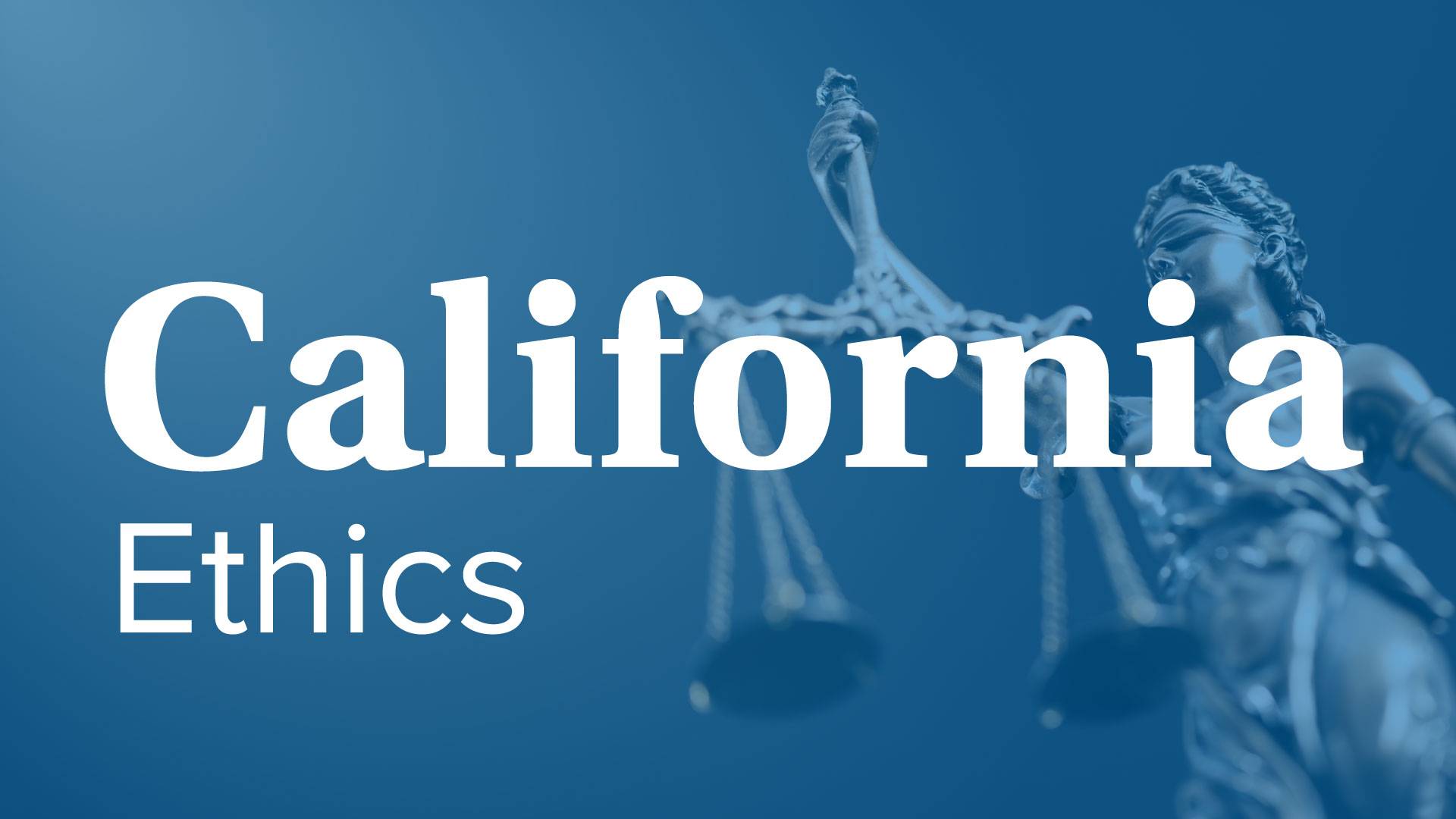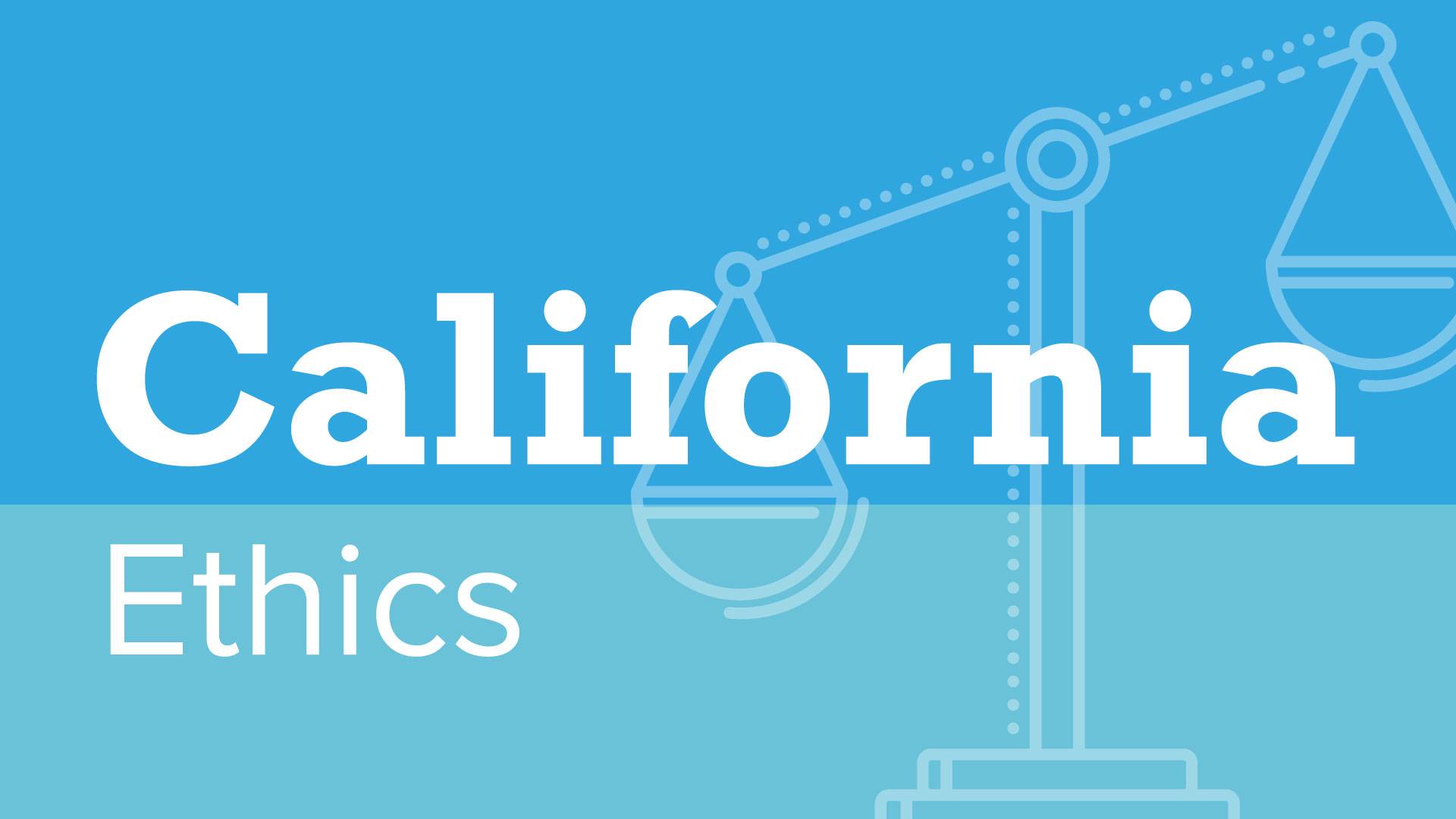Self-Study
Professional Ethics for CPAs
Review the AICPA Code of Professional Conduct's conceptual framework and explore potential threats to acting ethically in your practice.

$116.00 – $136.00
Webcasts are available for viewing Monday – Saturday, 8am – 8pm ET.
Without FlexCast, you must start with enough time to finish. (1 Hr/Credit)
Please fill out the form below and we will reach out as soon as possible.
CPE Credits
4 Credits: Regulatory Ethics
Course Level
Overview
Format
Self-Study
Course Description
In the fast-paced world of accounting and finance, staying updated with the AICPA Code of Professional Conduct isn’t just a matter of compliance; it’s about maintaining the integrity and quality of your professional service. Many CPAs find themselves overwhelmed by the complexities and nuances within the Code, especially when distinguishing between the roles of members in different practices and identifying potential ethical dilemmas. This challenge can lead to uncertainty and a lack of confidence in navigating ethical decisions.
Our self-study ethics CPE course offers a comprehensive solution to this problem. Our CPA ethics CPE course delves deeply into the AICPA Code of Professional Conduct, providing clarity on its various components, ethical terms, and the conceptual framework approach. We’ll guide you through the complexities of identifying different threats for members in public practice, business, and other areas. More importantly, the CPE ethics course will equip you with practical strategies to apply safeguards against these threats and maintain your independence in various professional scenarios. By the end of this course, you’ll not only be well-versed in the principles, rules, and interpretations of the AICPA ethics Code, but also capable of applying this knowledge in real-world situations, ensuring your professional decisions are both ethical and compliant.
Learning Objectives
Upon successful completion of this course, participants will be able to:
- Identify the different parts of the AICPA Code of Professional Conduct, noting the effective dates of the revised code
- Define applicable ethical terms found within the AICPA Code of Professional Conduct
- Cite the steps within the conceptual framework approach
- Recognize the various threats applicable to members in public practice, members in business, and other members, noting examples of each
- Identify safeguards to be applied to various identified threats
- Identify various principles, rules, and interpretations within the Code
- Identify those activities that would and would not impair a member’s independence, noting acceptable professional services
- Specify situations where a member can accept a contingent fee
- Differentiate between interpretations applicable to members in public practice, members in business, and other members
Course Specifics
4160634
December 31, 2024
There are no prerequisites.
None
90
Compliance Information
CFP Notice: Not all courses that qualify for CFP® credit are registered by Western CPE. If a course does not have a CFP registration number in the compliance section, the continuing education will need to be individually reported with the CFP Board. For more information on the reporting process, required documentation, processing fee, etc., contact the CFP Board. CFP Professionals must take each course in it’s entirety, the CFP Board DOES NOT accept partial credits for courses.
Meet The Experts

Kelen is a recognized author and reviewer of CPE courses and has authored over 145 courses (350+ CPE credit hours) covering a range of accounting, auditing, financial reporting, regulatory, and ethics topics. Kelen remained involved in CPA exam content development for nearly 10 years and authored more than a thousand multiple choice questions for various sections of the CPA exam. He also serves as an Editorial Advisor for the AICPA’s Journal of Accountancy. Kelen has nearly 20 years of progressive finance and accounting experience. He currently serves as an Accounting Policy Advisor with HP. Prior to HP, he served in multiple …
Related Courses
-
 Regulatory Ethics
Regulatory Ethics
Ethics and Professional Conduct for Texas CPAs
Joseph Helstrom, CPA QAS Self-Study
Credits: 4 $116.00
QAS Self-Study
Credits: 4 $116.00$116.00 – $136.00
-
 Regulatory Ethics
Regulatory Ethics
California Regulatory Review
Delta CPE LLC QAS Self-Study
Credits: 2 $58.00
QAS Self-Study
Credits: 2 $58.00$58.00 – $78.00
-
 Regulatory Ethics
Regulatory Ethics
Ethics and Professional Conduct for California CPAs
Patricia McCarthy, MBA& Joseph Helstrom, CPA QAS Self-Study
Credits: 4 $116.00
QAS Self-Study
Credits: 4 $116.00$116.00 – $136.00
